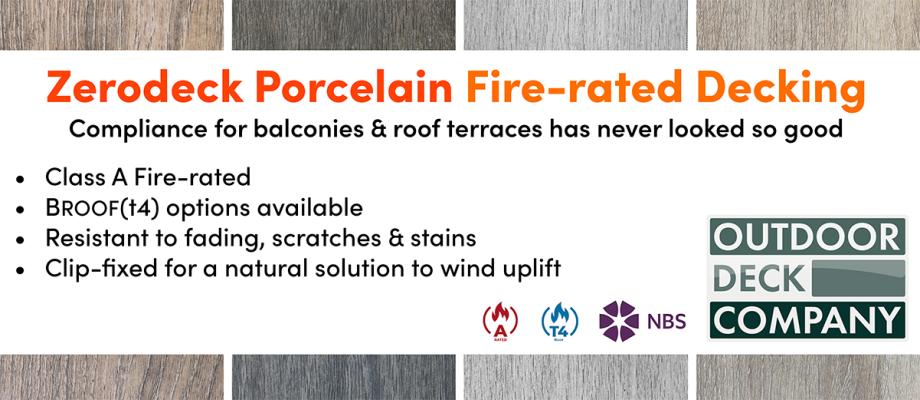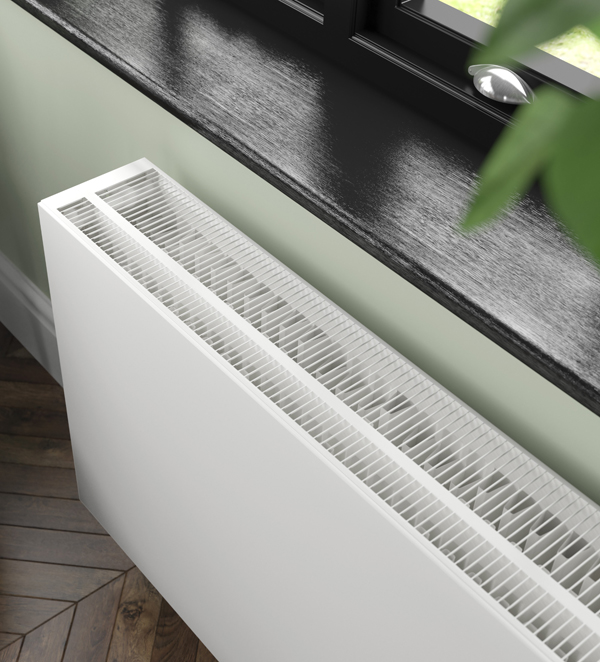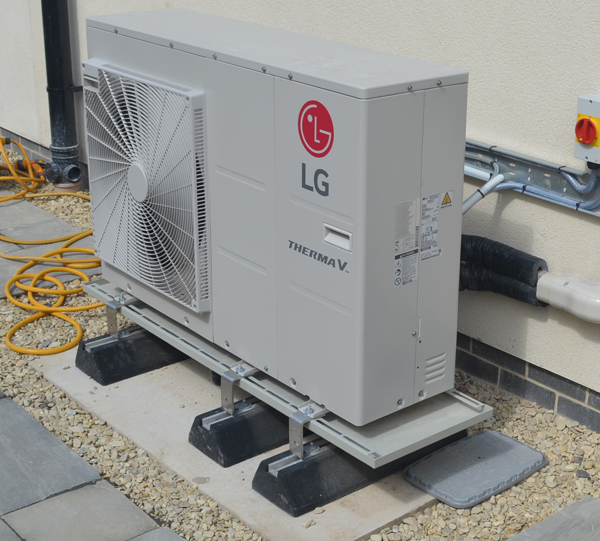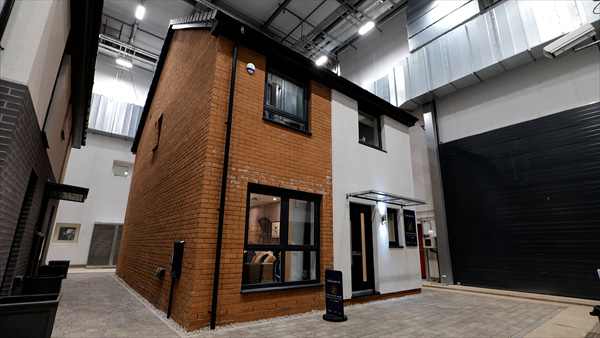Altecnic launch new Dry Trap Tundish
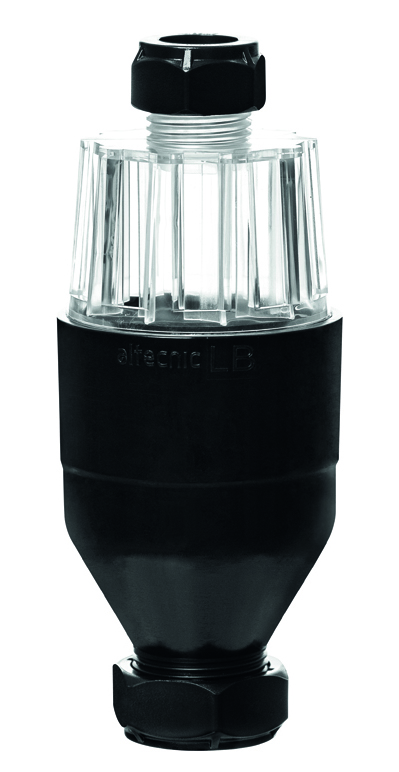
Designed to prevent the need for the installation of both a tundish and a dry trap, whilst still preventing smells and odours passing through.
Altecnic, the leading supplier of hydronic solutions and part of the Caleffi Group, have launched a new Dry Trap Tundish. Unlike any other tundish on the market, the Altecnic Dry Trap Tundish boasts a patented, anti-splash design with a transparent chamber that provides a visual indicator for discharge and is fully compliant with G3 building regulations.
- Read more about Altecnic launch new Dry Trap Tundish
- Log in to post comments











